In today’s episode, Joe talks to Chris Klosowski, the Director Of Technology at Sandhills Development, LLC. He joined Sandhills as a lead developer in 2015, and before that, he was a software developer at GoDaddy.com.
Chris shares his journey on leadership coaching and acquiring professional knowledge to help keep his team moving. Also, they talk about how business changes put pressure on a team of individuals with varying working habits.
Episode Resources:
- Chris Klosowski on Twitter
- Sandhills Development, LLC
- Leave an Apple podcast review or binge-watch past episodes
- Send questions to yo@wpmrr.com for the next Q&A pod
- Visit the WPMRR website
What to Listen For:
- 00:00 Intro
- 02:20 Welcome to the pod, Chris!
- 05:39 Technical management side of web developing
- 11:08 Benefits of working with a leadership coach
- 16:29 Tips to help yourself stay sane while the business is growing
- 20:07 Changes puts an emotional toll on any team
- 26:01 Uniting a team of individuals with different working habits
- 27:55 Getting business insights from books and podcasts
- 34:17 Future personal plans and ongoing projects at Sandhills
- 36:22 Find Chris online
Podcast Transcript:
Joe Howard: [00:00:00] Howdy folks, Joe, out here this week, I got to sit down and chat with Chris Kloskowski. Joe, when are you going to stop having Sandhills doubt people on the podcast? There are they on every other week? Well, if they didn’t run such an awesome team, I wouldn’t have him on the podcast so much. Chris is another Sandhills dev team member.
A good friend of mine. We hadn’t touched base actually in a little while, but we got a catch up a little bit in today’s episode. It was really cool actually catching up with Chris because last time we chatted, he was actually more of an industry contributor at Sandhills development. Well, maybe not completely an individual contributor.
He was kind of managing the day to day work at easy digital downloads. And he’s taken a step a little bit more into management and actually manages development across the different sand Hills. Technology stacks over the different products that they manage and grow. So it was really interesting hearing Chris’s journey in terms of becoming a manager, he’s still kind of admittedly learning a lot, but using the approach of making sure he gets enough coaching to move things forward and also just doing a lot of reading.
And so we talked about both those things and really just. Managing a team in general, how he is a kind of new manager to a bigger team that is working on those things. And I took a lot from listening to the work that he’s doing. Hopefully you will too. All right. That is it for the intro. Let’s go to today’s episode, please.
Welcome Chris Klosowski enjoyed the show.
All right. We are live on the pod this week with Chris Klosowski. Chris we know each other from way back in the WordPress scene, and then you’re not the first to sand Hills.
Person to be on the podcast, but one of my favorites anthills folks. So tell folks a little bit about stuff you do at Sandhills stuff you do with word breasts.
Chris Klosowski: [00:02:39] Absolutely. Uh, well, Chris Klosowski is my name and I am currently the director of technology at Sandhills development. Uh, my primary job at the company is overseeing our development teams, uh, building out, you know, easy digital downloads, affiliated P P2P, be simple, pay sugar, calendar, payout service, kind of the whole gamut of products at Sandhills.
So. Yeah, I lead those teams, help those teams overcome challenges and try and keep the stack up and running to make sure that the sites are aligned.
Joe Howard: [00:03:06] Yeah. We were just chatting before we came online here and you showed me your mug. She very easy to recognize all the little mug monsters. Yeah, very cool.
Yeah, we’ve got some, we got some like mugs in our online store, but we don’t have like an avatar. Anymore. So we don’t have like little, like a fun, like cartoon thing to put on a cup. So we just put like our logo on a cup. It’s still cool. But I like that you have like, Santos has multiple different plugins and each of those has its own kind of monster match to it.
So you can have a cup with all the monitors. So it’s like a cool little like nod to all the different brands there.
Chris Klosowski: [00:03:38] One of my favorite little Easter eggs is we announced the name of the sugar calendar monster. The orange one here name is JIA. GIA. And oddly enough, I mean, whether or not we say it was intentional or not, I don’t think it necessarily was, is the default date format in WordPress is GIA.
So it says PHP format to figure out the date and rumor has it. It was intentional slash not intentional. I don’t know, but I love that little fact.
Joe Howard: [00:04:04] That is cool. Nice little Easter egg there. I love that we’re here. Just kind of catching up. It’s been a little while since we’ve talking just before we started here.
Press Nomics 2018. So it’s like, since we seen each other in your life is microcosm that year. Yeah. Well Microcom force is see, I can’t even keep up what to.
Chris Klosowski: [00:04:22] Both of them that year, but yeah, MicroComp, I think it was the last one back up in Vegas.
Joe Howard: [00:04:27] So, yeah, I was looking forward to, MicroComp not being in Vegas.
I talked to a few people who are like, well, I personally, like, I love MicroComp every year I went, but the Las Vegas thing always just like, Oh, I have to like go to Las Vegas to go to this thing, because I’m just a little, it’s a little bit too much for me. I feel like I’m a little bit intimidated by like, Having to go to Las Vegas for a concert like that.
It’s just, I get a little overwhelmed, I think. And I knew it was, they were trying to plan it for Minnesota. I think it was gonna be in Minneapolis. And I was like, that sounds way more my speed.
Chris Klosowski: [00:04:58] See, for me, it was the opposite place. It’s a, it’s a one hour flight for me. There’s like 15 flights a day from Phoenix.
To Vegas. So like, I can get catch a flight whenever I want it’s an hour. And then Minnesota, at the time they were planning it, it was likely going to be snow or at least cold weather. And like, I moved from Michigan to Arizona, so I didn’t have to deal with cold weather. So I was like, I’ll go. Cause I really want to go.
But, uh, I don’t know that I’m in like the temperature.
Joe Howard: [00:05:21] Yeah. It’s funny. Actually. I like warm temperature, so I didn’t even really think about that. I just thought about the Vegas thing, but I’m the same way. I’m like summer, like I’m headed back to Mexico here at the end of this week. So like, I’m definitely like warm weather person as well, but I didn’t think about that.
All right. Since we last chatted again, it’s been a little while, but you’ve kind of moved into more of a management position. At sand Hills, which I kind of wanted to chat about because man, like managing different development teams that are all doing different kinds of projects that all want some consistency across what they’re doing in terms of like scalability of the company.
I mean, Very complex endeavor that you’re having to manage. All of tell me about like the, and I’m not super technical, so like I’m five here. Tell me about like the day-to-day work that you’re doing at Santos now that you’re more like, like a technical management position.
Chris Klosowski: [00:06:14] Sure. You know, I think. It’s interesting.
I listened to the episode that you did the Pippin and it’s something that he kind of mentioned too, is that we’ve never really had, you know, policies, procedures, like we have some procedures outlined, but there’s not a policy or a process for everything. And especially as it comes growing between four and six people a year, everything’s in flux, we’re always changing.
We’re always adjusting. We’re always kind of iterating on the current version of the company. We kind of treat it like software almost where, you know, Okay, well, this is not working now at our scale, so we’ll go ahead and change. So. Previously, I was the lead developer of easy digital downloads for a while there, I was doing that job and kind of leading the development teams.
So splitting my time, I’d love to say 50 50, but we all know how content switching works. And I was really doing like 40 40 with. 20% of my time caught up in trying to context, which at last year we sold our restrict content pro one of our products. And in the process, Ashley was the lead developer of restrict content pro became the lead developer, easy digital downloads and took that team over.
So that freed me up to actually spend 100% of my time doing the managerial lead type stuff. The managing management side. I don’t have a background in management. I don’t pretend to be a manager like on TV, but you know, it’s figured there’s a lot you can learn from. Listening to smart people. So when I first took over the role, I just dove into reading and I’m not a reader books like managers, path leaders eat last, that kind of stuff, just figuring out what management was.
And then I realized that managing is different for every person. You have to figure out what type of energy you want to be, what type of team you want to lead. So we actually ended up hiring in at the company. We invested in confidence coach, which is really more like leadership training, because most of being a leader.
Is about figuring out confidence in who you are and the decisions you make. So I spent like we spent eight weeks each talking to our confidence coach and learning about our leadership styles and our management styles and who we want to be and what values we hold and then forming kind of like our mantra.
So now my day to day is very different than what it was six to eight months ago because having learned all that, and a lot of it’s checking in with the development teams, I have leads. And then I meet with them twice a week or twice a month in one-on-ones. I meet with skip level one-on-ones once a month, just to kind of get a pulse on how the team is feeling, what they need from me.
If there’s anything process-wise we can adjust. I spend a lot of time looking over what’s happening, making sure everyone’s on task, making sure that, you know, Pete when people are out on vacation, that they’re covered, that we have proper coverage for the products. When someone’s out last year, I spent a lot of time writing up what I call our development values.
If you read our website, you know, we’re all about our team, that’s our focus. So I spend a lot of my time figuring out how to make my team effective and productive without overwhelming them with the day-to-day stuff. So I find myself doing a lot of that.
Joe Howard: [00:09:19] Cool. I feel like we’re very team focused here at WP buffs and maybe.
Not like directly modeled off of Sandhills, but always had sand Hills in mind. When I was thinking about like the company is like, I kind of wanted to try and emulate, not copy and paste, but to try and like push towards that same in that same direction. Other companies did sales is always one of those companies.
So I kind of give Santos a little bit of credit for like, well, that’s, I feel like our focus has on being so team focused has kind of come from Santos. I think y’all do a great job over there. I want to dive a little bit more into the. Coaching piece of things, because I, as you know, probably I talked to Kyle pretty frequently and WBS has gone through this kind of transition, which I’m sure Santos has gone through the same thing.
I actually kind of talked with Pippin about this a little bit when he did his podcast episode here about kind of like. My role as a CEO changing as the company is growing. And just about how a lot of things are changing at this point in WP bus, like we’re having to make a lot of adjustments, both like team wise, uh, systems wise, like across a lot of different areas.
And I found that I needed some help with that. So I actually talked to Kyle and he was like, Oh, this is coach her. Name’s Carla. She’s great. You should talk with her. And I chatted with her once and now I work with her on an ongoing basis. We’re actually skipping this week. She’s taken a little bit of a long weekend and we do only three out of four weeks.
We touch base. But anyway, I think she is who you’re talking about when you’re talking about the person who you worked with. So it’s kind of funny, a little bit of overlap. Here’s, there’s a hot tip for folks listening. You know, if other people, somewhat, if other successful companies have things that work for them, you can ask for a contact.
And so that’s what happened with me. And she’s been really cool for me. I’d like to dive a little bit more into kind of how, you know, maybe not specifics, because I think there’s a lot of around coaching. That’s pretty unique to the individual and that honestly, Should be more between the coach and the individual, but I’d love to know maybe just some of like the things you came out with from those coaching sessions that kind of helped you become a better leader from someone who.
Didn’t do a ton of leadership or people management before, like anything that really stood out as something that you’re like, Oh, that was super helpful.
Chris Klosowski: [00:11:24] What’s interest. The thing about it is I don’t know that she ever, I don’t know that I won’t say like specifically, but I almost feel, and I always related it to like therapy.
It’s not actually therapy and it’s not a therapeutic session, but a lot of the times the key is. Finding the right person to ask you the right questions. And I felt like she knew the right questions to ask, to get me to start talking myself into an answer. A lot of times I’d be talking and talking and talking and like, in the point of the moment we be like, Oh my God, that’s the answer.
It’s like, thank you. You directly do the right way. Yeah. And there’s something empowering about that. And it’s empowering when you empower someone to answer their own question, to come to the end result on their own. Will you lead them there, but they got there and set it themselves. I think it’s an empowering moment.
So a lot of the things we talked about, especially the first couple of weeks was the hardest part for me because it was figuring out my style, my management style, my values, I guess, is the core. What do I value? You know, obviously you can have a list of like, 30 things you want to be, but the core of it, you really only have like three or four values that you want to uphold, you know, transparency, honesty, things like that.
So yeah. Getting to the bottom of that and why those are my values were interesting. You know, we took a long look. Yeah. We talked about some of the manners I’d had in the past, through my development career. What I liked about them, what I didn’t like about them, things like that. And it wasn’t like a gripe session.
It was just. What things did they do well for you specifically? And what things did you feel like they fell short on? And that was really eyeopening for me to realize the things I valued were still values of my own. And how can I kind of expose those and actually use them in my current role, it was really interesting.
The next one was really figuring out self care. I think there’s a lot of challenges around self care when it comes to being a manager, you know, so much of your time is spent making sure everyone else. Has what they need, uh, that sometimes you forget to stop and take care of yourself. There’s a quote like you can’t pour from an empty cup, I think is the quote.
And the reality is true. If you don’t take time to like refill your own cup, you have nothing else to give. So we talked a lot about that. That’s probably the part that when Carla and I talked again, it’s going to be hiding and self care, and I’m going to just be honest, fail, like I’m failing on that. I’m not a really good self-care person right now.
I’m trying to, I’m reading a book called smarter, better, faster. I think is I, I always get it mixed up with the daft punk song because yeah. And I’ve got the same mantra, Def flux. I think it’s called smart, better, faster, but it’s a, it’s a productivity book and it’s about finding the ways to be productive and self productivity and being able to analyze what’s on your plate, what needs to be done and finding that time for yourself.
Joe Howard: [00:14:05] So. Yeah. I like a lot. What you said about how Carla always asks you the right questions. I feel the exact same way. I like self discover my own answers very often. And we talk a lot about like getting clarity on things. Cause way my brain works is like, my brain is always moving like a hundred. Miles an hour.
It feels like on this, on that, I’m always thinking about stuff in the business because it’s one is probably just like how my brain works in two, I’m kind of obsessed with it. Like I want to do it. Like, I’m always enjoying that thought process, but that doesn’t mean my like actions necessarily need to have that same pace.
And that’s a lot of what I’m working on. Cause that was actually really helpful for the business. Like three years ago, it was like, We can be agile. We can move fast. We can like do a lot of stuff. Like that’s our advantage. And now, you know, we’re not a big company, but we’re a more mature company. And I can’t just like move super fast on a bunch of different stuff as much as I wanted to before, because there are so many more ripple effects.
So like getting clarity on situations. Being patient in terms of timing and looking at things more on a month to month basis, and even like year to year basis, not necessarily like, what do I need to get done today? Like, do I really have to get that done today? Well, maybe it’s okay to get some consensus on that and move it forward and stuff.
And so getting clarity, like we kind of talked about like lifting the fog up so you, we can actually like having clarity on the direction we’re going in and kind of knowing what’s real in my thought process, that’s kind of odd way to say it, knowing what is truly a factor and what. It’s just my brain, like playing games.
Chris Klosowski: [00:15:32] It’s a thought distortions. I used to thought distillation.
Oh, I do too. Uh, the concept of thought disorder, you know, things are there in your head that like, if you just ask the question, you’ll get the answer too, but we try and figure it out ourselves that I ask any questions. So that’s a really fun one. That was actually probably the biggest one that affected me was figuring that out.
Are you, or were you a bullet journaler?
Joe Howard: [00:15:56] I was not a bullet journaler, but I was a Pomodoro on an OCA journal.
Chris Klosowski: [00:16:01] One of the things that I found super helpful as like, as the company got bigger and my role got more big picture than day-to-day operations. I had to stop giving myself daily tasks. It was not productive.
It was actually counterproductive to my mental state because my anxiety drove so high that I didn’t get. The one thing, two things, three things. Cause he does all those productive directions. Like. Put three things on your thing for today and get those three things. Pomodoro is. Yeah. Yeah. And the reality is so much of my day is reactive than proactive.
Someone needs me to look at something, someone needs something taken care of and it’s hard to plan for those. So what I ended up switching to was this week, so I actually have a combined board. I’ve got a backlog, I’ve got a next week. I’ve got it this week. I’ve got an inflight and I’ve got a completed and I’ll move things from like, if it comes up, I put it in this week.
And I will get to it this week. If I don’t get to it this week, I drop it in next week. And then when my Monday starts, I just move things over to the column. A if I start something that’s going to take some long time. And the reason I like that is to, uh, as I can put comments on it. So if I start the process of something, which is reach out to someone about a topic, move it to inflight, write the date and time I contacted them the information I’ve asked them, wait for a response.
And then I have, uh, what I’ve done for the project is so one of the things that we talked about was that like figuring out. My new daily, normal, which was far more reactive than proactive.
Joe Howard: [00:17:27] Yeah. That’s interesting. I think that, like, honestly, it goes back to knowing like how you work and what are your stressors and how do you want to be a manager?
So I think a lot of times that’s the hardest part. There are a thousand, there are 10,000 different ways to. Be a good manager, right. Everybody’s going to be a little different. And probably the most important part is to like, have that discovery session like you had, and like really like figure out how you want to do things, how you, the unique person that you are going to be the best possible manager and like, what are your personal strengths or weaknesses in terms of managing.
And just being a person. So you can like be the most effective manager, but also like how the match that was like, what works well within your team and finding probably some compromises along the way. But like, this is all also part of like, like I think about it as like you’re building the plane as it’s taking off from the runway, like it’s almost possible to do in a vacuum.
You can’t just like, you know, it’s like, I think about it. Like another parallel is like the, the quarterback on like. The college team. They’re not going to wait till their senior year, the final games, like throw that last perfect touchdown pass. Like, that’s it. It’s like you go through your freshman year and Nick, you kind of, you know, get satellite and you kind of get better.
And then sophomore year you get a little better. And so it’s the practice you move forward and back, but like not doing it in a vacuum, I think is most important. But you learn from doing in most, at least from my perspective, I don’t know. So you feel the same.
Chris Klosowski: [00:18:40] I’m not a huge football person, but there’s another, I understand the rules and the way that plays are called.
And I think another important factor that is as you become more experienced to use another football analogy. So hopefully it doesn’t take away from too many people, but as you become. More comfortable with your style, with your process. You’re able to call the audibles better, you know, as, as a young person taking in you’re young in your career, I guess I would say not young person, but when you’re young in your career in the position, sometimes it’s hard to know when to say it.
I’m noticing something happening. I need to quickly change this direction. And whether that’s a pride thing, just an experience thing or an ego thing, eventually, you know, you can see the signs that it’s time to make a quick change on the fly. Yeah.
Joe Howard: [00:19:23] Yeah. I feel like I’m decent at kind of knowing when something isn’t working.
Optimally. Yeah. Or a system isn’t working optimally. I think where I still personally need help with is like, okay, how do I take that into my team needs? And my current team systems and make change. That’s not going to like grind anybody else’s gears, but that I can still make change over time. But that works within our current workflow and system.
Like that is still a choice. I think it’s just like a challenge. I think that I’m. Play personally facing, but also just like, as a team, as we’re like making system and operation and documentation changes as we’re like hitting this next level of business, it’s like, everything is a little bit, like, it feels a little bit like juggled up in the air and we’re like trying to see where pieces fit back.
You know what I mean?
Chris Klosowski: [00:20:08] Yeah. There’s an interesting book called switch that talks about why change is hard and it ties back to the fact that our brains. Find ways once we kind of get set into a process, our brain starts shutting off the logic or the emotional side of it and just follow the path. Like I used to have an hour and a half commute, depending on traffic, all the way up to Scottsdale.
When I worked for a local company. And literally there were days where, like, I know I’m paying attention to that, like a completely blanked, but my brain just knew the path to work. I just need a path. I need a path. And if the first day there was a huge traffic incident, like. It took some stress on me to find a new path, but then I had that backup path.
Next time, there’s an accident. And eventually when things change completely, and that path is no longer the way your brain has to think again, which is what makes change so hard. It makes it hard to, as we’re growing as companies, the changes that we’re implementing affect our team in more than just the productivity, but we’re asking their brains to find a new way to do something.
And that takes an emotional draw for a bit. So knowing that this might not work right away, But like once we can get it into our brains, that this is how we’re going to do it. And we kind of like get past that first emotional shift and we can actually see if it’s working.
Joe Howard: [00:21:18] Yeah. It makes me think about how we kind of think about work at WP Buffs.
And we like to give people structure and give people systems in which to work, because that means it doesn’t require brain power to like, kind of figure out the systems around something. Right. You can actually like use your brain power to actually solve them. Problem you’re working on or the big challenge you’re up against, but if you do that, like too, like if you give too much structure, it’s just kind of like, it almost turns into like a checklist and you’re just kind of like, it becomes almost that drive to work every day, take the same path, and then you kind of automatically do it and then don’t think as much about it, which also could have a negative because it could get boring.
It could just be the same thing you do every day. So like, I don’t know, as a manager, if you found that you’re. Trying to give people systems. You’re trying to give people processes and trying to give people structure, but not trying to over structure people. Is that something that you’ve run into, or.
Chris Klosowski: [00:22:13] That was kind of the goal with the development values?
So back in January of 2020, I penned what was now a document internally called our development values. I’m trying to write a blog post about it. It’s turning out to be more difficult. I’ve apparently lost the writing bug or the skill. So I need to get that back. The idea is. There are a lot of companies out there that you write code this way, you name things this way, you format your code this way, you do things this way, you execute this way and you release this way.
And what we found was one of the challenges with being so strict on that is it doesn’t leave room for. The fact that each person writing, reading, maintaining our code is a human. We now have all the way from junior level one to two all the way up to senior level six. So we we’ve got a wide range of developers within our team and each one of them very skilled, but they all work in different, you know, Timeframes.
They all have different skillsets. They all have either come from a different background or whatever. But what we need to do is come up with a set of values that say, I’m not telling you have to write code this way, but when challenged with something in the code, whether it’s formatting the way we write it, the naming conventions come backwards compatibility.
When challenged with that. We fall back to these values and it’s things like readability over complexity, maintainability come backwards compatibility. Do we make these decisions as a team? I’m not telling you. You have to do it this way. If you don’t like the way something in our coding. Kind of standards are, let’s talk about it and let’s figure out what the team thinks.
And if we all come to a like majority agreement that we need to do it that way, then we can do it that way. But the biggest ones, I just want it to be readable. I want people to be able to jump into the code at any level in our team and be able to read the code and not have to ask questions about what it means.
So that was probably the biggest one. It was. I’m not, I like to equate it to it’s like a lot of people say, I’m putting you on the rails. Like you stay on the railroad and you can only really follow the railroad and every now and then you can fork off and go one way or another way. I kind of like, it, think it’s more like the water rides where you’re kind of in this, to this, this path.
And it can, you know, how it bounces side to side a little bit. So like, you don’t really stay on the rails. You’ve got a little bit of leeway back and forth, but it keeps us all heading in the same direction. It was really the key.
Joe Howard: [00:24:36] Yeah. Well, you said about values. There is really important because I think when a lot of people think about values, they think about like, I want to create company values so that like I can run a good company.
So at my company can be valued, driven, which of course is important. Um, I’m not saying that’s not important. I think that’s a great asset of having values. To make sure everybody on your team knows like we have values here. We don’t, you know, do things that could maybe move us farther ahead, but that aren’t doing good in the world.
Like that’s important. But another really important aspect is that it gives everybody on the team a fall back on which to, it gives people a way to think about how they’re doing their work and the direction in general. They need to kind of vector in and as a manager, that’s like your. Your job, right? You have 20 people working under you, maybe not reporting to you directly, but like maybe under your tree of, of reports, all those people, you like, your job has kind of help all those people move in the same direction and the direction the company wants to go and the values should help lead them there.
Theoretically. So even if everybody’s doing things slightly differently, they still have that backwards compatibility thing in mind, value in mind so that when their work is done, they submit it while they know they filed that task. So. Theoretically everybody who’s working on it made, think about backwards compatibility a little bit differently, but that’s still something that is an of core importance to your team.
So I think that’s something I think is like, it’s not the first thing I think people think about when they think about value-driven, but it is really. Especially as you grow, you know, you’ve got, you’ve got a lot of people on the team now, how do you keep everyone moving in that same direction? Value is so important for that.
Chris Klosowski: [00:26:10] What it means you don’t have to be part of the decision process.
You know, I’ve got like a lead developer for affiliated P and a lead developer for easy digital downloads. And they both have two developers underneath that. Well, one of them has three, one has two, and it means that when someone’s reviewing code. We can fall back on the values. If someone’s reviewing a pull request, a code change and says, you know, I, that might break backwards compatibility, or I think we can make this easier to read and maintain going down further down the road.
If we make these small changes, it means as you’re reviewing change sets as reviewing code changes, we have these things in mind. We don’t necessarily have a checklist. Isn’t it like, is this backwards compatible? Is this maintainable? Is this? It is just, it’s buried in our subconscious of when we’re working.
This is the direction we’re going. These are the values we hold. Now let’s do the work with those in mind.
Joe Howard: [00:26:58] Yeah. The other thing you’re kind of mentioning a lot is kind of the names of books and things you’ve learned from, from reading books. I’m always interested to hear how people who are doing more management, treat their learning, and self-education, I’ve always felt like me personally.
When I get into reading those books, I’m like skipping between like 10 books at once because I just like, I almost get like a little bored in one book or I lose interest because I can’t quite get there again. This is just like me personally. I feel like when I listen to podcasts, I can get like a bite sized piece.
And like, I like to hear stories of other people doing things. Cause that to me gives me a more like, tangible, like how. Did this work like within the context of a business and sometimes books don’t always give me that. They’re almost like this case study of like, that’s kind of like this isn’t super relevant to my business, or like that’s a fortune 500 business, not our company and it’s not really relevant to me, but I’ve known so many people who are like devour all these books and like get a lot of great ideas and thoughts about them.
I guess you’re kind of more of like a book person or do you listen to any podcasts or anything like that?
Chris Klosowski: [00:28:02] I would say I don’t devour books. I am a very slowly, I’m getting better. I’m getting better. I used to love podcasts. When I commuted. I listened to podcasts all the time. Now my commute is to my office in my house.
So I have found that the problem with podcasts that I have personally is everyone always treats them and says, Oh, well, you can just listen to podcasts while you’re working out. Or you can listen to your podcast while you’re doing the dishes. You can, I’ve got three kids, two dogs in my house. And I’m trying to listen to your podcast.
I find myself typically wandering to do something else and getting distracted and missing key points. So that is not a medium that necessarily works for my brain, which is why I fell back to books. And I would say I’m not a great fast reader, but every now and then if a book doesn’t hit me, I just put it down and sort of different one and, and I come back to it.
So it’s been a challenge. I’ve tried both physical books. I’ve tried the eBooks. I tend to do better with physical books. eBooks are nice. Cause I can write notes and like highlight things, which is really cool. I don’t like to write in books. It just stills feels. I know I own it, but it still feels weird to write in a book.
Joe Howard: [00:29:08] Like transports you back to like fourth grade.
Like you’re not supposed to write in the book like, Oh no, it’s a library book.
Chris Klosowski: [00:29:12] I just feel like I just paid for this and I’m running all over it. Although the I, the irony is my grandfather was an author and when he, when he passed, we started. Taking his book collection and parts of the family of grabbing it.
I grabbed some books out of it and keep them in my collection. And I was reading one, one day and I found like his cliff notes. Like he would just write notes in the sidebars, which is really an interesting thing because it’s kind of like getting an idea of where he was mentally at when reading it. But I’m like, okay, well, if he wrote in books and he was an author, then it’s probably okay to write your notes in the book.
Joe Howard: [00:29:40] There you go. I’m the same way with like, I, I do lead. A pretty good amount by read a lot of fiction. So I read a lot of Spotify and that is like where my Kindle is. Like, boom, love it. But I have trouble reading, like business books in my Kindle because I don’t love the note taking experience. It’s too clunky.
But honestly, I feel that not that the note taking. Functionality for podcasts is clunky. It’s almost that it doesn’t exist. I really wish there was a better way to take notes for podcasting, because I’m the same way as you are. Like, I couldn’t listen to a podcast and do work at the same time or hanging out at the same time.
Like, I’m usually just in a podcast I’m like walking the dog or like when I’m out for a walk or I’m doing something where I can specific like an I can actively listen, but I wish that there was a better way than just like go to like the podcast notes section where I could really. Dig into, or like take my own notes.
I don’t even really know what that is because I feel like I ha I listened to something like for 30 seconds in the episode, I’m like, Ooh, I have this really interesting idea. Do I like need like an audio journal? Or do I need something like faster to type it out without having like business right there.
I heard it’s a billion dollar business, for sure. Like, if you could make note taking, cause everyone, I feel like I’ve missed a lot of. Important stuff from podcasts. Like I get a pretty good amount when I’m actually listening, but yeah, but you miss things that you don’t like. If you don’t write it down in that second, like it’s kinda gone and like, or are you going to like go rewind 30 seconds?
Like two weeks later when you’re like, Oh, I want her to go back and remember that it’s like, it’s kind of lost at that point, you know? So that’s tough.
Chris Klosowski: [00:31:14] Nice. If just like tapping your air pod thing, just like made a marker. Like seriously, here we go. There we go. Boom. You were given. Yeah, you’re right. I mean, I am a book person.
I never thought I would be, honestly, I used to read a lot as a kid and then I stopped and started reading books to my kid at night before bed. And that made me start to read better. Be a little more. I don’t know, I was just so slow. I got hung up on words and it’s not like I can’t read it. It’s just my brain just wouldn’t settle down to read.
So it’s been getting better. I’m reading, you know, a little bit yes or no.
Joe Howard: [00:31:48] Do you feel like you want to read faster because you just like want to get more information or do you feel like it’s just kind of like a personal.
Chris Klosowski: [00:31:55] Self-conscious like, yeah. I feel like I’m just beating myself up as I’m reading about how slow it is.
Like, but the other part of it is you have to make sure, especially with like fiction doesn’t work for lot for me because I get lost in the story and my brain starts creating the world. In my head. And then I get distracted by the world in my head. I’m so busy. His books are great, but like I have to find myself actually intentionally reading and not just reading the words, but like committing parts of it to memory and kind of understanding the story.
And I’ll have to stop frequently to make sure I can process what I’m reading, which is part of it too. So.
Joe Howard: [00:32:27] I think it’s interesting. I think in some ways reading slower actually can have a big advantage. I think like there’s this whole speed reading thing out there. And I never really got into that. I honestly, I’m somewhat similar in the fact that I’m not like a super fast reader.
My wife is super fast reader. She’ll finish a book like in a day. And I’m like, how did you do that? I can literally not do that. But with business books, I really feel like how I’ve gotten the most out of business books is. If I read, like, honestly, it’s linked to, if I like sat down and read, read a business book for two hours, I’d close it and be like, okay, my brain’s kind of fried right now.
I don’t really know what I just read. Like I know it was a bunch of important stuff, but it’s kind of like, that’s kind of the extent to which I know. I actually think I get more out of five. Spend a half an hour reading slowly and then actually like put it down and not read anymore and maybe go take some notes or maybe go honestly, like sit back and do nothing for half an hour.
Think about it, give myself some space to noodle it because what’s the point of reading it. If I don’t like, actually like, think about it in my context, in the context of WP buffs and you in the context of St. Hill’s like, that’s where the actual application comes in. So I might. Take advantage of that slow reading a little bit.
Maybe that’ll actually, maybe that would give you more of an effect or something. Maybe it’s your advantage, your secret secret sauce.
Chris Klosowski: [00:33:44] Yeah, the key is just stopped beating myself about like, cause that’s I, again, I like a lot of it is I just look at myself how slow I’m reading and I’m like, ah, like I watch, I watch Jill, my wife over there reading a book and sh she has a book club and she read a book in like 24 hours.
And I’m like, I can’t brain reading a book in 24 hours. Like it just doesn’t work for me, but you know, You’re right. Maybe if I see where power is that my slow reading just means I commit things to memory. I wish that was it. Yeah.
Joe Howard: [00:34:09] I, as I, as I continued to get older, I continued to take some of the things I feel like I’m not as good at, and I try to spin them around and I’m like, well, you know, maybe silver lining, Hey, maybe there’s something to go with this too.
Cool. All right. What does the rest of this year look like for you, man? Are you just kind of continuing on work? Sounds like you’ve got some family stuff going on too, or. Starting to like, hopefully get back to a new normal in terms of the world and the U S post post COVID. I hate, I hesitate to say post yet, but we’re for sure on our way there, how are you feeling about the rest of the rest of the year?
Chris Klosowski: [00:34:42] I’m feeling pretty good. I I’ve got a couple of things, so, I mean, we homeschool our boys, so there’s some interesting things that Jill has started with that. So a lot of my free time is going to be. Hopefully helping get that started and going and managing the website and building out custom stuff for her for that.
So that’s part of my free time is going to be doing that at Sandhills wise. You know, we’ve got, you know, EDD 3.0 coming up, which is a huge thing that I started the development on. And now Ashley’s going to finish up, you know, we did our first beta, not too long ago. Second beta will be coming soon. It’s a big shift in almost SJ.
It’s a big shift for WordPress e-commerce plugins in general. It will be one of the first ones to move to custom tables for everything, which is a huge challenge. You know, sugar calendars got some cool ad-ons coming out soon philanthropy with the portal and a couple of major release versions coming out.
So there’s a lot happening, a lot to keep track of right now. The rest of my year is really figuring out how to keep empowering these teams to keep producing at the rate. They are. Every day, I’m impressed with the work that gets done and how little they need me anymore for the day-to-day stuff, which is, it feels terrible and awesome at the same time to be like, wow, all that got pushed and I didn’t touch any of it.
Barely looked at it from a code perspective, I’d live and looked over like the main issues and the, and the, the roadmaps and things. But, uh, it feels good to see. And continue to empower these teams to just keep producing at the rate. They are. So finding ways to keep doing that as a big one, just keep building out tooling for them, keep making their lives easier, keep making it so they don’t have to think so much about the process.
And just get the work done.
Joe Howard: [00:36:19] Yep. Awesome, man. You’re doing, uh, you’re you’re doing the manager role justice. So keep rocking and rolling. So why don’t you, um, tell folks where they can find you online, find Sanchez stuff online, all that jazz.
Chris Klosowski: [00:36:30] Yeah. Well, our main site Sandhills dev.com. You can learn about our company, what we stand for our values.
And a little bit about what we’re doing. I love the storyline on our, about us page. It tells us the kind of the history of Sandhills. And that’s one of my favorite pages on there. Cause it’s got everyone’s faces and every now and then I’d go back to that page. And I remember when it was just so much smaller.
So Sandhills dev.com is where you can find our company. Primarily on Twitter at first initial, last name. And that’s pretty much where I spend my time. These days. I don’t social too much anymore. I found it super draining, but I still like to get involved every now and then it’s conversations and trying to get a little bit more involved in the manager leader space there, make my way of somehow.
Joe Howard: [00:37:12] Cool man. Sounds good. Last but not least. I like to ask our guests to ask our listeners for a little Apple podcast review. So if you wouldn’t mind asking folks to leave us a quick review, I’d appreciate it.
Chris Klosowski: [00:37:21] Yeah. I mean, if you get. Anything out of the podcasts that you’re listening to leave a comment, give a rating.
They help a ton with the algorithms and it lets show know whether or not you’re liking what he’s doing. So go leave a review, get in there, get your voice heard and, uh, bring up some topics to talk about.
Joe Howard: [00:37:41] Yes. Appreciate it, man. WP mrr.com forward slash review. It takes you right to have a podcast. If you are on a Mac or Apple device, if you are a new listener to the show, go binge some old episodes.
We’ve got 150 ish older episodes about all sorts of topics. MRR churn. Lifetime value management, hiring anything you have questions about in terms of running a business. Go use the search function on WP mrr.com forward slash podcast. Go check out some older episodes. Cool. That is it. For this week on the podcast, we will be in your ear buds again next Tuesday, Chris.
Thanks again for being on man. It’s been real.
Chris Klosowski: [00:38:20] Thank you, man.
Joe Howard: [00:38:21] Let everybody see ya.
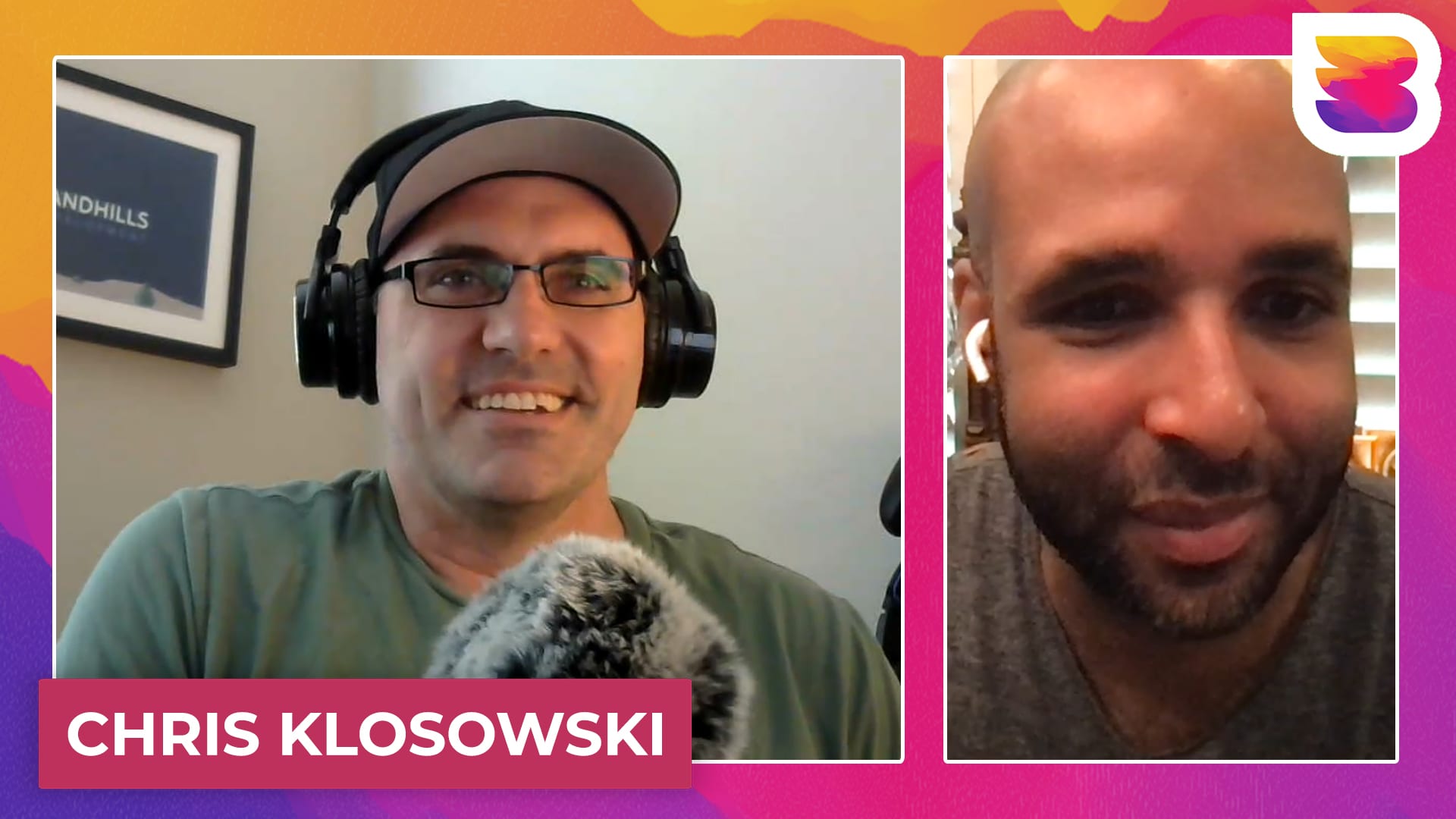

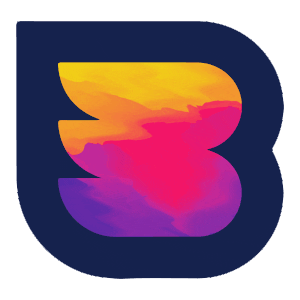
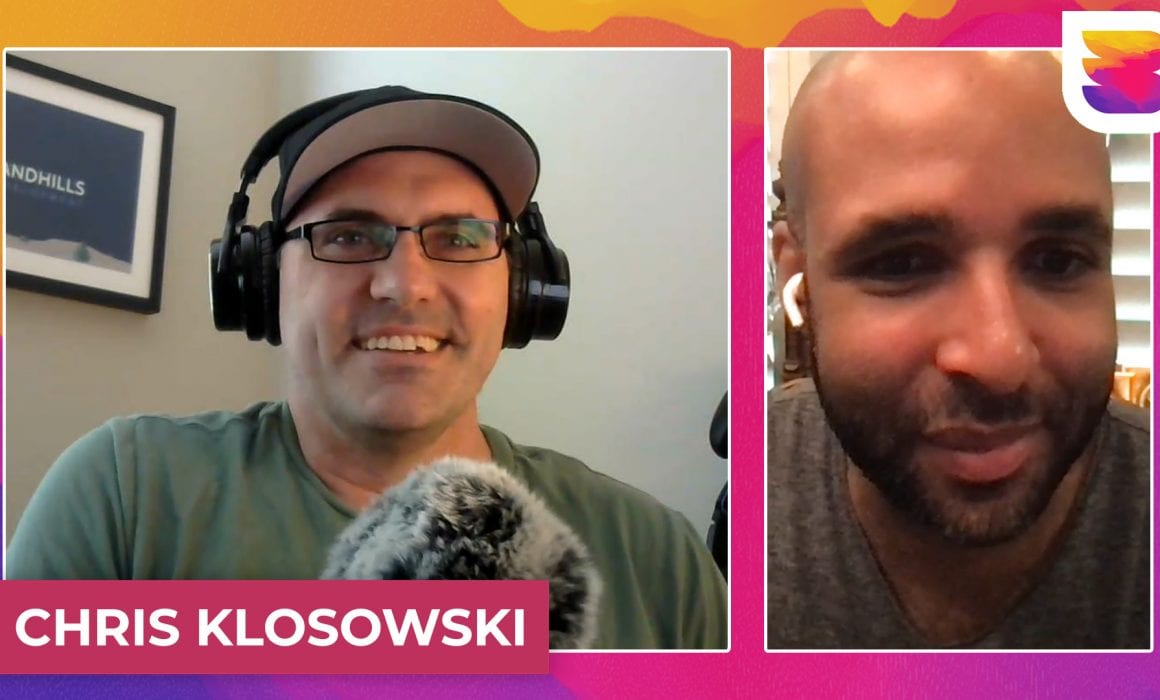
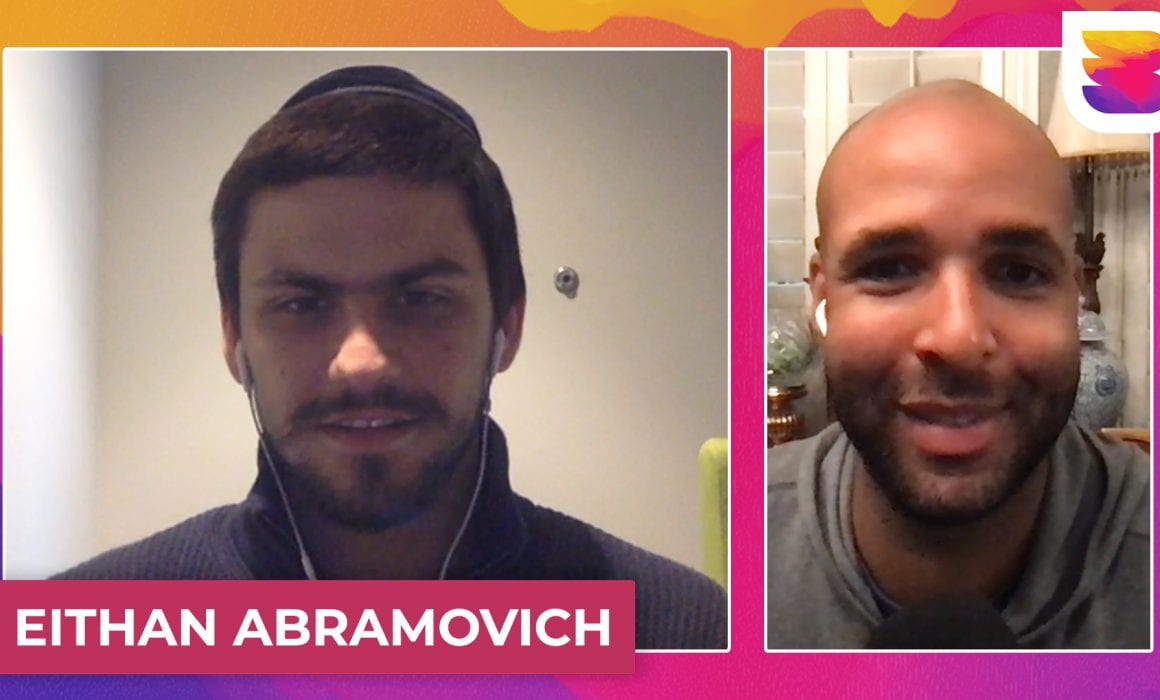


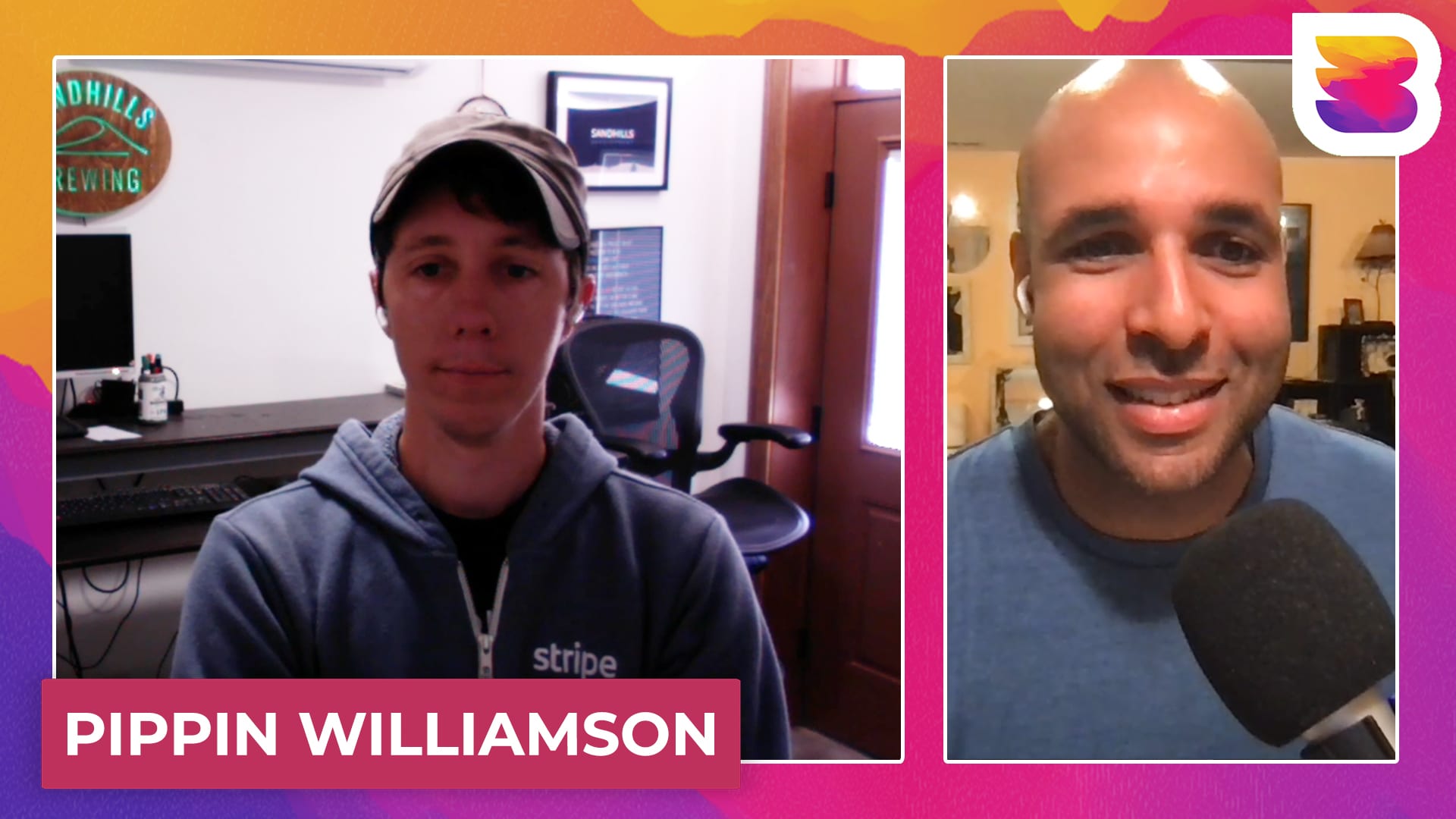
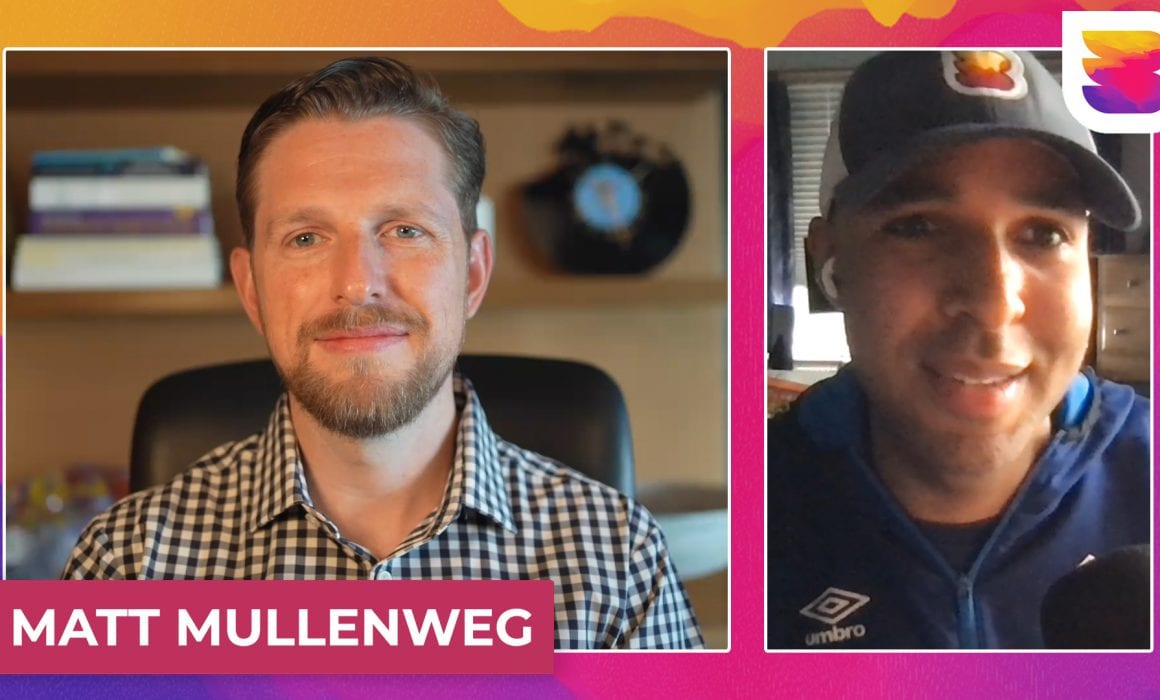
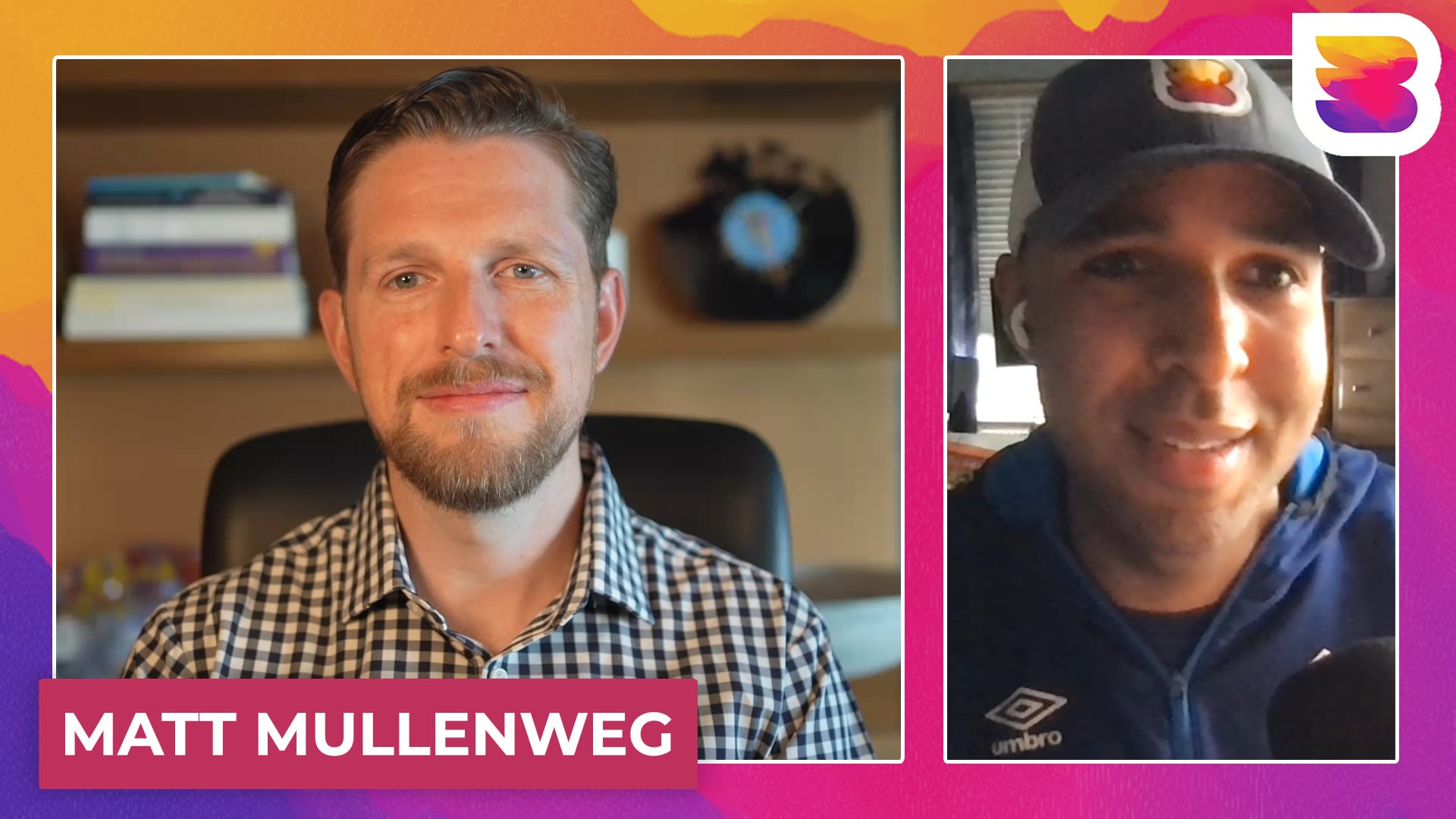





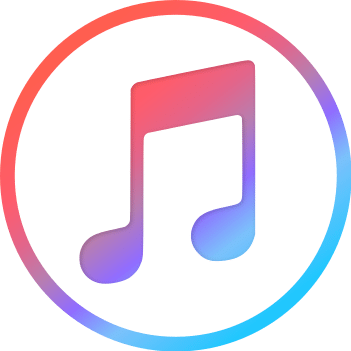

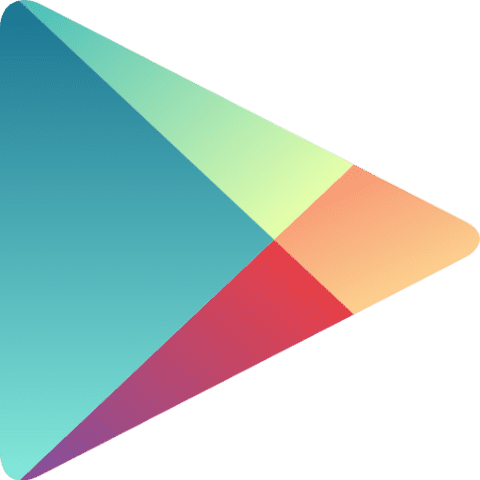



Recent Comments